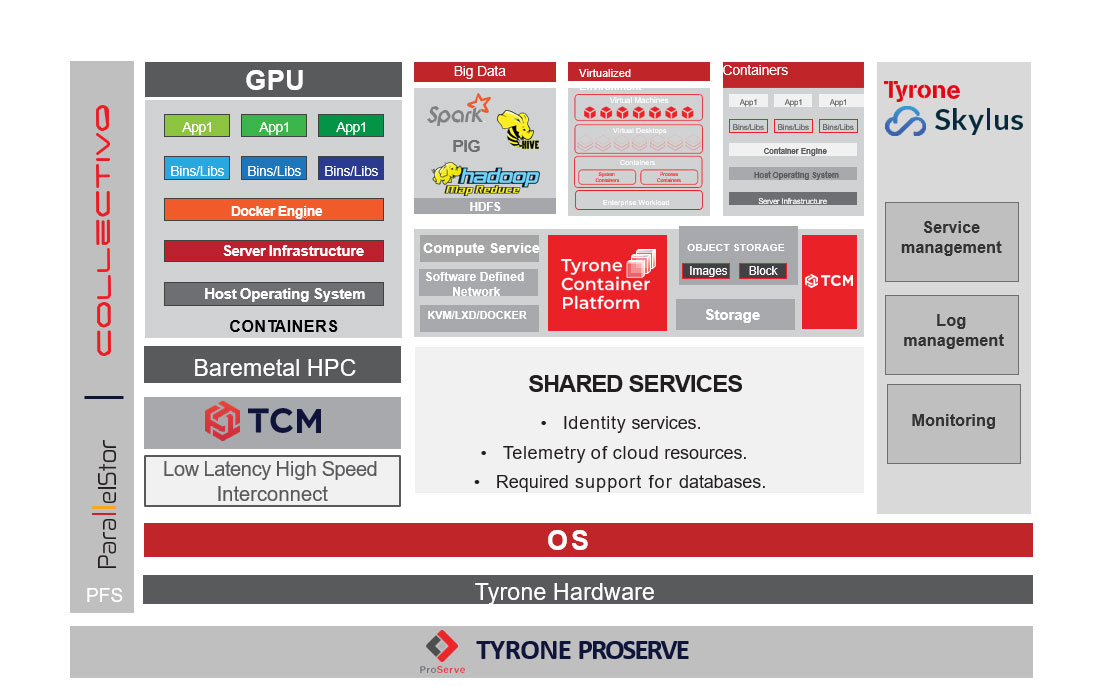A mixed workload is the capability to run multiple workloads (HPC and AI/Big Data) with different service-level agreement. An agile and flexible IT infrastructure with optimum utilization of resources is needed to address the demands of HPC and AI/ML workloads that requires efficient computing, storage and networking.

Designing and developing flexible IT infrastructure is paramount to addressing the needs of modern mixed workloads where HPC and AI are continuously converging. If the uses of mixed workload are going to be constant, the underlying IT infrastructure must be defined for varying degree of flexibility.

While running mixed workloads, it becomes imperative that there is optimal utilization of IT resources. For, example once the session for a particular workload has ended, the nodes associated must stop and allocated to a new workload to accomplish optimum utilization of available IT resources.

As a user, the last thing that you want is an interruption or stoppage of running workloads. Resilience should be the in-built highlight of an IT infrastructure tailored to run mixed workloads. Hence, there must be a suitable migration/failover arrangement when there is an unexpected interruption or failure.

The required IT configuration for running mixed workloads will always be different. The conceived IT infrastructure should be set up in such a what that hardware and software can be configured quickly for running a specific workload.

Running mixed workloads must be convenient enough from the user’s perspective. Any maintenance or incorporated changes must be easily made.
Tyrone’s IT architecture ensures that you can run mixed workloads such as GPU in containers and on bare metal, bare metal HPC workloads, big data, virtualization, educational videos, audio videos and virtual labs. The IT infrastructure has also been designed to facilitate virtual operation over the Skylus private cloud as shown in the figure below.

Tyrone Proserve is the unifying fabric that manages, maintains, and orchestrates the entire infrastructure. ParallelStor and Collectivo are the underlying storage solutions. In addition, Tyrone Cluster Manager (TCM) helps in setting up the bare metal HPC, and Big Data while the TCM cloud version helps in similar Big Data and HPC orchestration inside the Skylus private cloud. To make the most of container technology, Tyrone Container platform (TCP) facilitates the use of containers for running HPC, AI, Big Data, and other demanding workloads.
Depending on user requirements, the container orchestration is triggered to the bare metal infrastructure and vice versa. The platform also ensures
optimal utilization of resources by shutting down cluster nodes once the associated workload is closed after use.
There is Skylus private cloud and Skylus VDI Solution on the cloud side. As a result, it ensures that all customer requirements are met.